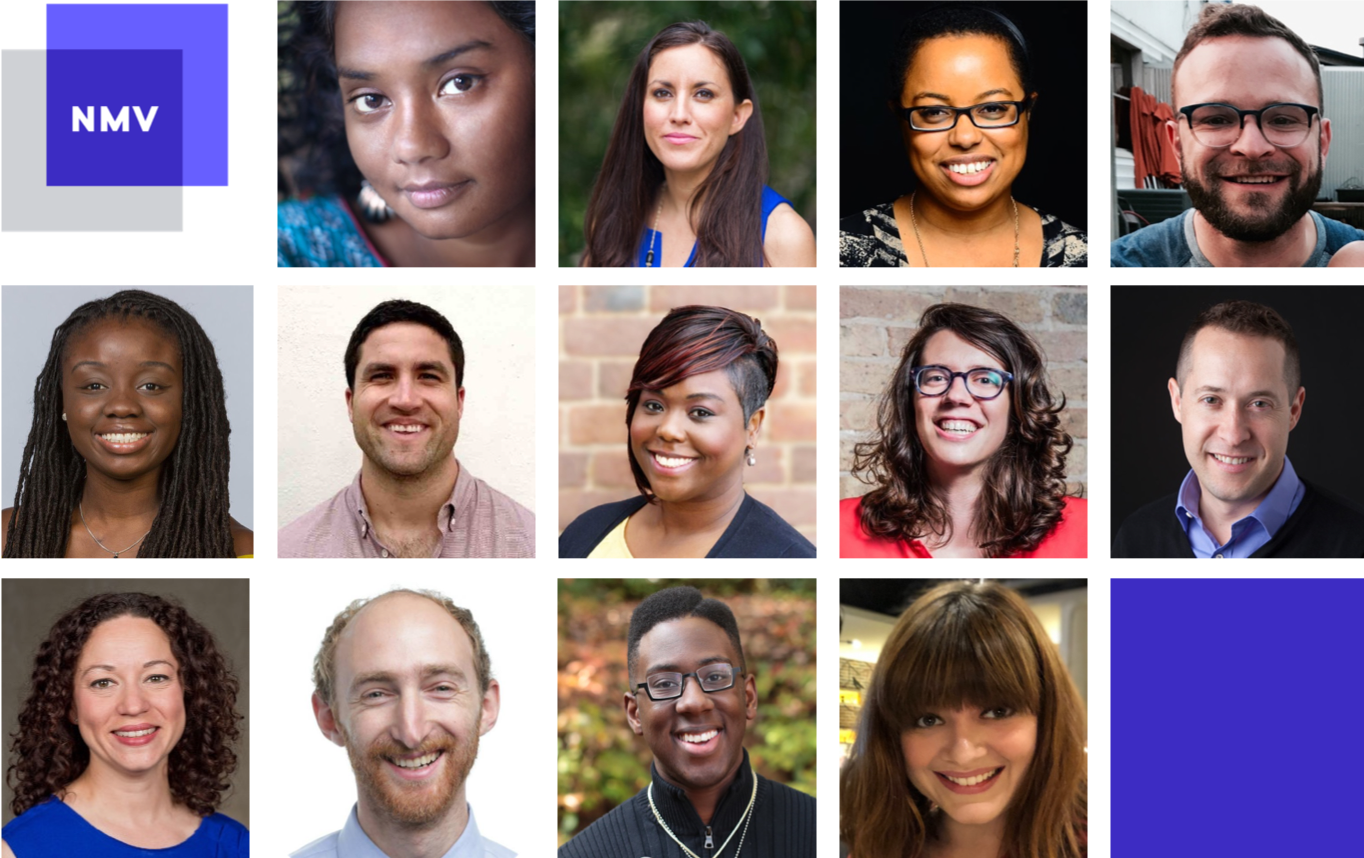Open Call 2019: What We're Seeing
Published
In the categories:
- For Investors
- For Startups
- Open Call

When we launched our latest open call at the beginning of 2019, we hoped to see innovative ideas from activists and entrepreneurs wrestling with the biggest challenges facing our democracy. We’re thrilled to have received pitches from more than 500 startups doing just that. After reviewing this amazing pool of applications, we’re excited to highlight three key areas of opportunity: media, digital organizing, and nimble campaigns. In each area, founders are responding to daunting problems with bold solutions. We’re about to kick off our interview process, which will help us determine which of these projects to fund, and we’ll announce our decisions in early summer. In the meantime, here are a few high-level observations about what we’re seeing in each area.

Media. Our experience as media investors has taught us that startups with a deep understanding of the people they serve are often the most successful. That kind of focus has become even more important in recent years, as the media landscape has become increasingly challenging. So we’re pleased to see that about 50% of the content creation startups that pitched us have identified a single demographic as their primary audience. For example, one startup describes itself as “Blavity for Latinas,” and its founders plan to build on their previous experience and try a new approach to content creation. We also know that people care about what’s happening near them, and that local knowledge is often the key ingredient in good reporting. That’s why we’re thrilled to see almost 50 applicants working in or on a clearly defined geographical area. One applicant is even piloting a network approach to local media, creating new opportunities for branches to share content and sell advertising. Finding sustainable media companies with impact potential like Daily Kos or Blavity can be like finding a needle in a haystack, but we’re excited to dig into what seems to be a promising set of groups.

Digital organizing. In the attention economy, currently dominated by platforms like Facebook, organizers must continue to adapt. As algorithms shift, they can introduce a host of challenges, like limits on how many people can be reached without paying the platform. This is a big risk for organizing groups that operate predominantly on Facebook. At the same time, some demographics, especially young people, are shifting to new platforms like Twitch, a video game streaming service, or TikTok, a media app for creating and sharing short videos. Politicians like Alexandria Ocasio-Cortez, who recently joined a Twitch stream to engage with constituents, are beginning to take note, but more can be done to help organizers maximize their outreach. For instance, a number of applicants are thinking about how to leverage influencers for progressive messaging, which may help circumvent the major platforms. Meanwhile, disinformation, digital security, and platform accountability remain overarching challenges for our movements. That’s why we’re excited to see 19 applicants working on these issues. One, for example, is building digital security solutions for voter ID and registration systems around the country. Online organizing brings new challenges and new opportunities, and we’re happy to see applicants responding to both.

Nimble campaigns. This year we received 69 applications that focus on training, a huge jump up from last year’s nine. Applicants include a mix of approaches we’ve seen before that have more traction now or have tweaked their models, as well as newer tactics. Scalability and affordability for campaigns continue to be criteria we look for, and we’re excited about the mix of approaches we’re seeing. For example, one applicant is focused on down ballot candidate training in rural areas, and another is setting up an intermediary that helps bring money and support to rural organizations that want to use relational organizing tools. One new tool we’re interested in has the potential to change how campaigns approach canvassing. Unlike apps that dictate who to talk to, this applicant allows canvassers to talk to anyone on the spot and includes a mobile search engine that can be used to register new voters in real time. They already have a long waiting list of campaigns that signed up for their product in 2018, demonstrating the need for this kind of innovation.
–
We hope this peek behind the curtain has you just as excited about the state of progressive media, organizing, and campaigns as we are. We encourage you to connect with us on Twitter, and stay tuned for our investment announcement!

